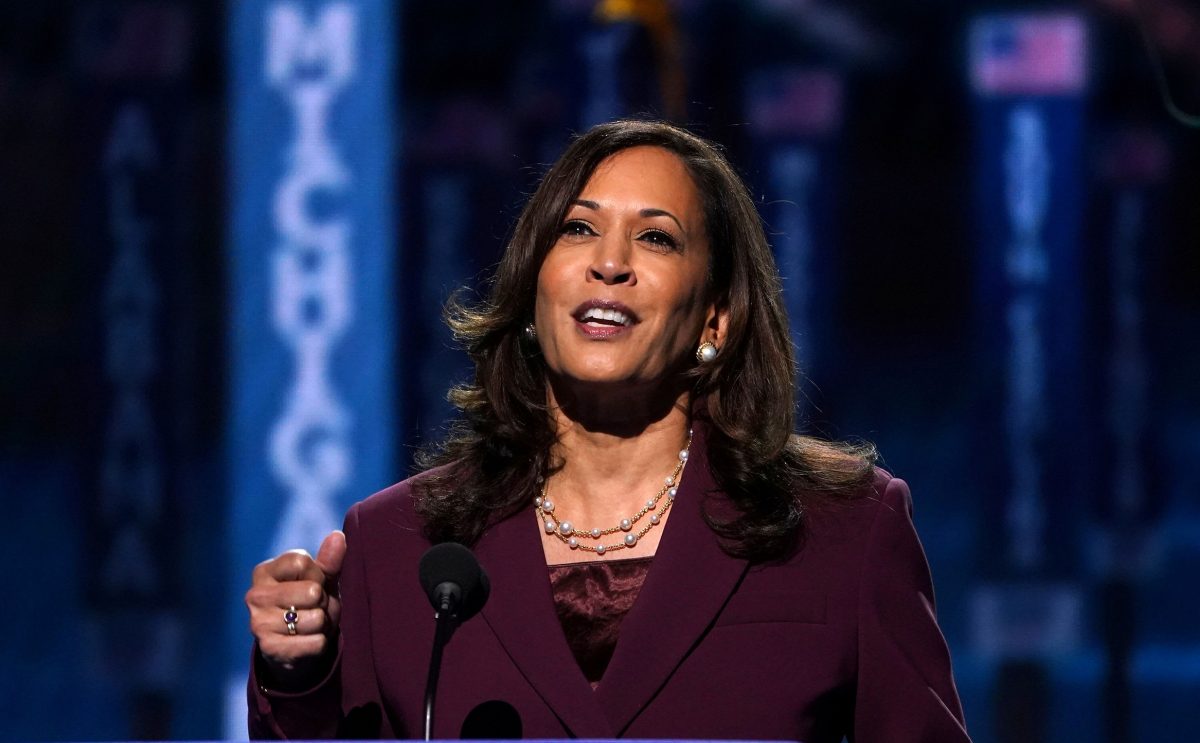(Jamaica Observer) Fears that United States Vice President-elect Kamala Harris is not making much of her Jamaican heritage and might be unaware of Caribbean community hopes are unfounded, a leading Diaspora spokesman has said.
Member of the Global Jamaica Diaspora Advisory Council, Wayne Golding said the history-making Harris and her surrogates had met with Jamaican and Caribbean representatives, as well as other minority groups during the presidential campaign to discuss their issues.
“The discussions were mainly centred around criminal justice and immigration reform as the main priorities,” said Golding. “We made it clear that the minority groups would like to see these and other issues addressed in the first 100 days of the Biden-Harris Administration.”
Golding, a Florida-based Jamaican immigration attorney, strongly believes that, based on the encounter with Harris and those close to her, “the vice-president-elect is supportive of the concerns of the minority communities”.
Harris shattered US political tradition when she became the first woman to be selected as vice-president-elect of the US at the side of President-elect Joseph R Biden, following the November 3, 2020 elections.
She was born in the United States to a Jamaican father, Donald T Harris, and an Indian mother, Shyamala Gopalan Harris. But Harris, a former senator, more readily acknowledges her mother than her estranged father from Brown’s Town, St Ann, drawing the ire of some Jamaicans.
Golding dismissed the notion that Harris has not played up her Jamaican connection often and sufficiently enough, insisting that “any issue with her father should be regarded as a private matter”.
He argued that those within the Jamaican community who were sceptical of Harris might not have been aware of the discussions which he said had formed the basis for guarded optimism that the regional issues would get priority attention from the Biden-Harris Administration.
For Jamaican Irwine Clare, head of the Caribbean Immigration Service and a leading Diaspora advocate, the list of concerns are immigration reform, systemic racism, the coronavirus pandemic and climate change.
He was supported in his views by Jackie Watson of the Caribbean American Chamber of Commerce of Georgia who would also like to see easier access to affordable housing, at least a reduction in the repayment of student loans, and more access to credit for Jamaicans and other minority groups.
While there is significant optimism within the Jamaican community that some, if not all, of these issues will be addressed, there is also acknowledgement that “it will not be easy”.
“We expect challenges and pushback, especially if the US Senate remains in the hands of Republicans,” said Clare, who will be watching the January 5, 2021 run-off in two Senate seats in Georgia, which will determine which party gets control of the US Senate.
Consciously aware of the dynamics surrounding the Georgia run-off, Watson said leaders in the Jamaican, Caribbean and other minority communities were already working hard to educate people to go out and vote.
She noted that Caribbean nationals in Georgia had “played a significant role — especially on social media — in the outcome of the presidential elections”, and she expressed hope that they would do so again.
But Golding argued that what was being sought by the Jamaican and Caribbean community was not far from the expectation nor totally different from other groups in the US. He said the Jamaican community expected and would like to see a “rollback of the restrictions, especially those on immigration, which had affected them and other minority groups”.
Ronnie Hammick, who heads the Ex-Correctional Officers Association of Jamaica, said the issues of systemic racism, education, jobs, immigration and health care are what most concern his group.
He hoped that the matters would be tackled on a bipartisan basis.

